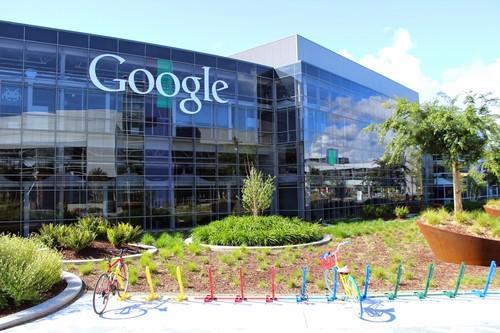
Google's Mountain View, California headquarters
Google will begin removing explicit images posted without the subject's consent in a crackdown on "revenge porn" announced Friday.
Amit Singhal, the senior vice president of Google Search, said in a blog post that it's an attempt to fight back against ex-partners and hackers who try to harass and humiliate victims by posting private images to the web.
"Our philosophy has always been that Search should reflect the whole web," he wrote. "But revenge porn images are intensely personal and emotionally damaging, and serve only to degrade the victims -- predominantly women. So going forward, well honor requests from people to remove nude or sexually explicit images shared without their consent from Google Search results."
Getting images removed will be a "narrow and limited process," he said, similar to how the company handles personal information like bank account numbers and signatures. Google will make a web form available in the coming weeks that will allow someone affected to get the image de-listed. He made clear that the process won't "solve the problem of revenge porn," since the images will remain on the de-listed sites, but that Google hopes its a step that can help.
There's still a lot that remains to be seen about Google's process. It's not clear how the search engine plans to evaluate content for de-listing, and if victims will have to prove that they're shown in the images they want removed. The search giant also hasn't said whether it will remove videos from search results or only still photos, and hasn't defined what it considers to be "explicit."
Overall, though, the move would appear to be a boon to victims of the practice. The news comes shortly after Casey Meyering the operator of a revenge porn website was sentenced to 3 years in prison after being convicted of extorting money from people who wanted their explicit photos removed from his website. Kevin Bollaert, who operated a similar site, was sentenced to 18 years in prison earlier this year.
It remains to be seen whether Google's move will spur its competitors to similar action, but the change should make it more likely that Yahoo, Bing and others will choose to implement a similar system.
Join the CIO Australia group on LinkedIn. The group is open to CIOs, IT Directors, COOs, CTOs and senior IT managers.
